Even if the contractor means well, the contractor is unlikely to have the experience needed to competently handle an insurance claim – especially claims involving complicated damage or large payouts. Insurance is regulated at the state level, so the role and level of involvement of contractors for insurance claims that is legally allowed will depend on your state.
Today, we’re explaining the pros and cons of insurance claim contractors, including when to hire a contractor for an insurance claim – and when to hire a public adjuster instead.
Hire Reputable Contractors for Small Insurance Claims
For larger insurance claims, using an insurance claim contractor can be risky.
For smaller claims, however, it may be a good idea to use an insurance claim contractor – assuming the contractor is a good and reputable individual.
Keep in mind that in some states, like Texas for example, it is illegal for a contractor to fully handle an insurance claim on behalf of a policyholder. This is because a conflict of interest can arise when the person in charge of performing the repair work, is also given the authority to negotiate a claim settlement or try to interpret what is covered under a policy. It’s important to be aware of this, even if it is legal in your state.
Unfortunately, many contractors make similar promises about their work, making it difficult to separate reputable contractors from disreputable ones.
All contractors claim to be good, honest, and fair. This makes it hard for homeowners and commercial property owners to distinguish good and bad contractors – especially if you have limited experience with insurance claims or home repairs.
Things to Ask Your Insurance Claim Contractor
How can you separate good and bad insurance claim contractors? Here are some of the things any reputable contractor will be happy to provide before handling your claim:
Written Estimates: All reputable insurance claim contractors will provide detailed, written estimates outlining the exact costs of supplies, labor, and other expenses. If a contractor is unable to provide this information, or if the information seems unusually expensive, then it could be a red flag.
Schedule and Time Frame: Does the contractor have a specific estimated date of completion? Does the contractor have a timeframe for work to be completed? Contractors with vague timeframes may be unable to complete the work in a timely manner. Or, they might hastily do a half-quality repair job, completing your job weeks before any reputable contractor would complete it.
License Number: All licensed contractors are able to provide license numbers proving they are legally able to work in your jurisdiction.
Insurance Information: All reputable contractors will also be able to provide their insurance information, including the amount of liability insurance they carry and the number of their general liability policy. Don’t let any contractor work on your property without insurance.
Experience & Qualifications: Has the contractor handled similar repairs from similar claims in the past? Does the contractor have firsthand experience dealing with these types of property damage issues? The more experience and qualifications the contractor has, the better they will be able to handle the repairs for your insurance claim.
Guaranteed Work or Satisfaction: Not all contractors guarantee their work – even reputable contractors leave wiggle room if something goes wrong. However, all reputable contractors have some type of satisfaction promise or guarantee. Ask the contractor what happens if you’re unsatisfied with the work – or what happens if the repairs fall apart within months of the job.
All reputable contractors provide the information above for free. You should not have to pay to obtain any information.
How Insurance Claim Contractor Scams Work
 Every year, thousands of Americans are victimized by insurance claim contractor scams.
Every year, thousands of Americans are victimized by insurance claim contractor scams.
Some of these scams are relatively minor: the contractor overcharges the insurance company for work while performing average-quality repairs to the property.
Other scams are more serious, with insurance claim contractors disappearing with millions of dollars in claim payouts while performing zero repairs.
Most insurance claim contractor scams fall into one of the following examples:
Poor Craftsmanship and Bad Repairs: Some insurance claim contractors promise the highest level of work. They claim to perform repairs to the best possible specifications, restoring your home perfectly to pre-loss condition. In reality, they charge your insurance companies a premium rate while performing lower-quality repairs, then pocket the difference. They might use poor building materials or shoddy craftsmanship, for example.
The Disappearing Contractor: Some contractors take this scam to the next level. They contact policyholders, get policyholders to sign their rights to the contractor, accept the insurance claim payout, and then simply disappear. One unlicensed contractor in Florida recently scammed an elderly man out of $60,000, accepting the insurance money and then never completing repairs.
Warning Signs You’re Dealing with a Bad Insurance Claim Contractor
To avoid being victimized, be aware of the following warning signs of bad insurance claim contractors:
The Contractor Offers to Pay You: If a contractor offers to pay you to handle your insurance claim, it’s a sign you’re dealing with a bad insurance claim contractor. The contractor might claim to charge your insurance company $100,000 for the job, for example, when they can really do it for just $80,000. This is insurance fraud, and it could leave you with low-quality repairs on your home.
The Contractor is Going Door to Door After a Disaster: After major disasters hit a region, insurance contractors from across the country flock to the area to make money. Some contractors are reputable, while others are not. Reputable contractors don’t typically go door to door after a disaster asking to handle your claim. Instead, they let customers reach out to them.
How to Avoid Insurance Claim Contractor Scams
With basic precaution, you can avoid common insurance claim contractor scams.
Read the Fine Print: When you authorize your contractor on your insurance claim, you’re taking an important legal step. It’s crucial to read the fine print on this agreement. Some contractors seem legitimate, then hide malicious terms and conditions in the fine print.
Check References: Take a few minutes to call references provided by the insurance claim contractor. A reputable contractor will be happy to provide multiple references. A lower-quality contractor may be unable to provide any references.
Ask for a Second Opinion: Are you concerned about a contractor’s estimates? Are you worried about the real cost of repairs? Ask for a second opinion. Any contractor can provide a free estimate, making it easy to see exactly how much repairs cost in your area.
Don’t Pay Contractors Upfront: Do not pay a contractor before speaking to your insurance company. If the contractor asks you to pay 50% upfront, for example, politely decline. Insurance companies will typically pay the contractor directly. Or, the insurance company will send a check payable to you and the contractor, and both parties sign off on the check. It’s rare for you to pay the contractor out of pocket unless it’s for temporary or emergency repairs – and even then, you should request an estimate and detailed invoice upfront.
Keep Track of All Receipts, Payments, and Other Information: The days following an insurance claim can be overwhelming. You’re bombarded with information while picking up the pieces of your life. Despite the confusion, it’s crucial to keep track of your receipts, payments, and other information. The better organized you are, the easier your claim will be.
Leave Larger, Costlier Insurance Claims to the Professionals
Contractors are not insurance claim professionals.
Some contractors might have experience dealing with claims, but contractors are not certified experts. They don’t have the skills, expertise, or education to navigate complicated insurance claims.
In some cases that can be okay for smaller claims, where minor errors are unlikely to impact your financial future.
For larger claims, however, a single error could change your life.
One mistake on your fire damage insurance claim could cause your insurer to deny a $100,000 payout, for example. It could literally change your financial future – all because an inexperienced contractor made a simple mistake.
This assumes the contractor is acting in your best interest – which isn’t always the case.
If the contractor acts maliciously, then you might suffer in other ways. Your insurance company might pay $100,000 in home repairs, but your contractor cuts corners and uses poor-quality materials to give you a $25,000 repair job, pocketing the extra $75,000 in profit. You and your insurer paid the same amount for your claim – but your home may fall apart quickly due to the low-quality repair job.
For all of these reasons, most experts do not recommend using an insurance claim contractor for larger or more complicated claims.
Generally, if your home or commercial property insurance claim is more than $10,000, it’s best to hire a Public Adjuster or Insurance Attorney for assistance with any claim disputes, denials or other issues.
Hire a Public Adjuster to Work With Your Contractor for Larger, Costlier Claims
Public adjusters are certified, licensed insurance industry professionals. A good public adjuster has decades of claims experience.
Public adjusters can manage your claim from beginning to end. They negotiate with your insurance company, manage contractors, and ensure your claim gets completed and paid in a timely manner.
[big_contactus]
Public adjusters charge a fee after you accept the insurer’s final settlement. They charge a small percentage of the total claim payout. However, they’re often able to double or even triple insurance claim payouts, to ensure you are fully indemnified for your loss.
ClaimsMate’s public adjusters have firsthand experience with fire damage insurance claims, water damage insurance claims, flooding, mold, and all other types of claims. Contact us for a free assessment – don’t risk your financial future on an unproven insurance claim contractor.
Original Post Here: Hiring Contractors for Insurance Claims: How an Insurance Claim Contractor Works

 Public adjusters in Oklahoma use a proven process to handle insurance claims.
Public adjusters in Oklahoma use a proven process to handle insurance claims.
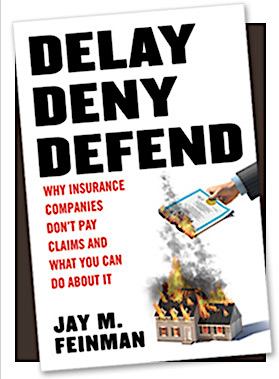 Delay Deny Defend is one of the best-known books in the insurance claims space – and one of the most-despised books by insurance companies (which is a great endorsement).
Delay Deny Defend is one of the best-known books in the insurance claims space – and one of the most-despised books by insurance companies (which is a great endorsement).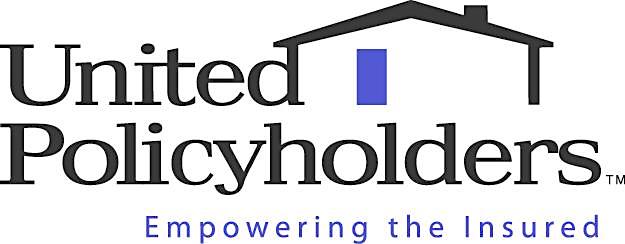 United Policyholders (UP) is a non-profit organization founded with the goal of helping honest policyholders navigate tricky insurance claims. United Policyholders does not take money from insurance companies. Instead, they give policyholders honest, unbiased information. The organization’s slogan is “empowering the insured.”
United Policyholders (UP) is a non-profit organization founded with the goal of helping honest policyholders navigate tricky insurance claims. United Policyholders does not take money from insurance companies. Instead, they give policyholders honest, unbiased information. The organization’s slogan is “empowering the insured.”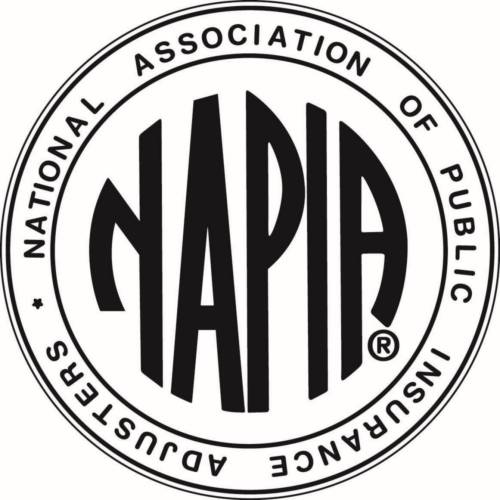 The National Association of Public Insurance Adjusters (
The National Association of Public Insurance Adjusters ( Merlin Law Group has a dedicated property insurance claims blog. You can find thousands of similar pages with law firms across the United States, although Merlin’s blog is particularly helpful.
Merlin Law Group has a dedicated property insurance claims blog. You can find thousands of similar pages with law firms across the United States, although Merlin’s blog is particularly helpful. ClaimsMate is one of the internet’s leading free insurance resources. The company offers a range of insurance adjuster guides, free insurance resources, and other information. You can find helpful information for any type of specific insurance claim situation in the
ClaimsMate is one of the internet’s leading free insurance resources. The company offers a range of insurance adjuster guides, free insurance resources, and other information. You can find helpful information for any type of specific insurance claim situation in the 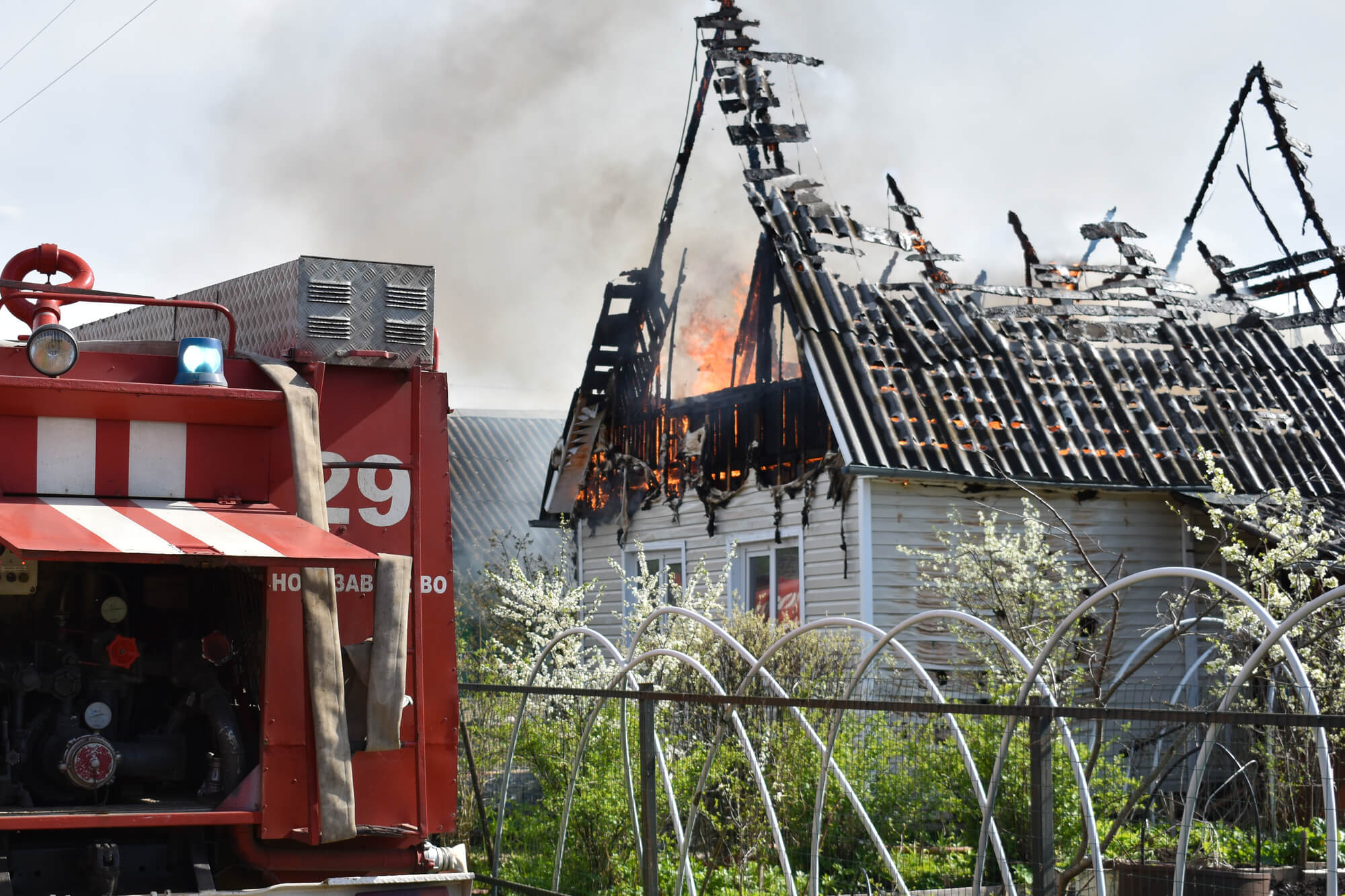
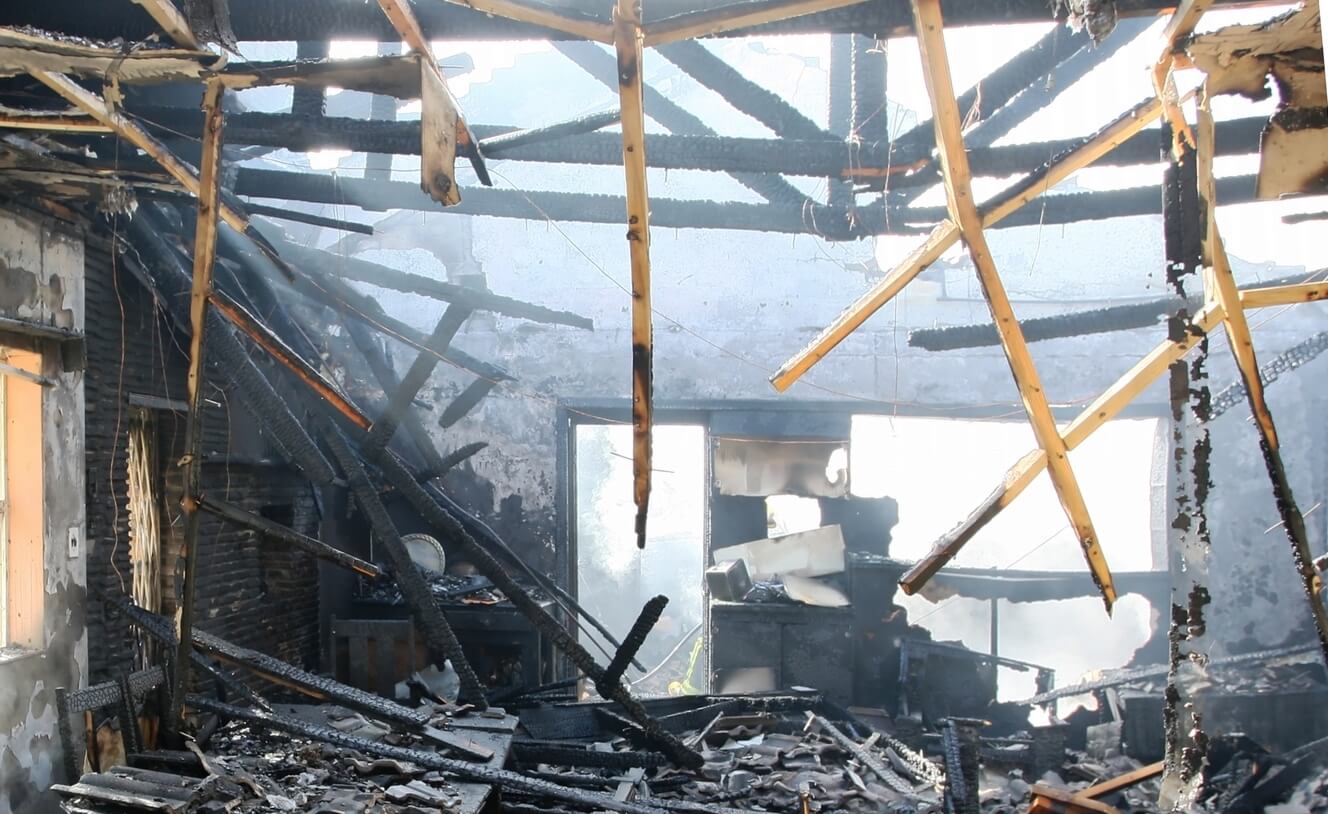 The more you know about fire damage restoration costs, the better equipped you will be to negotiate with your insurance company.
The more you know about fire damage restoration costs, the better equipped you will be to negotiate with your insurance company.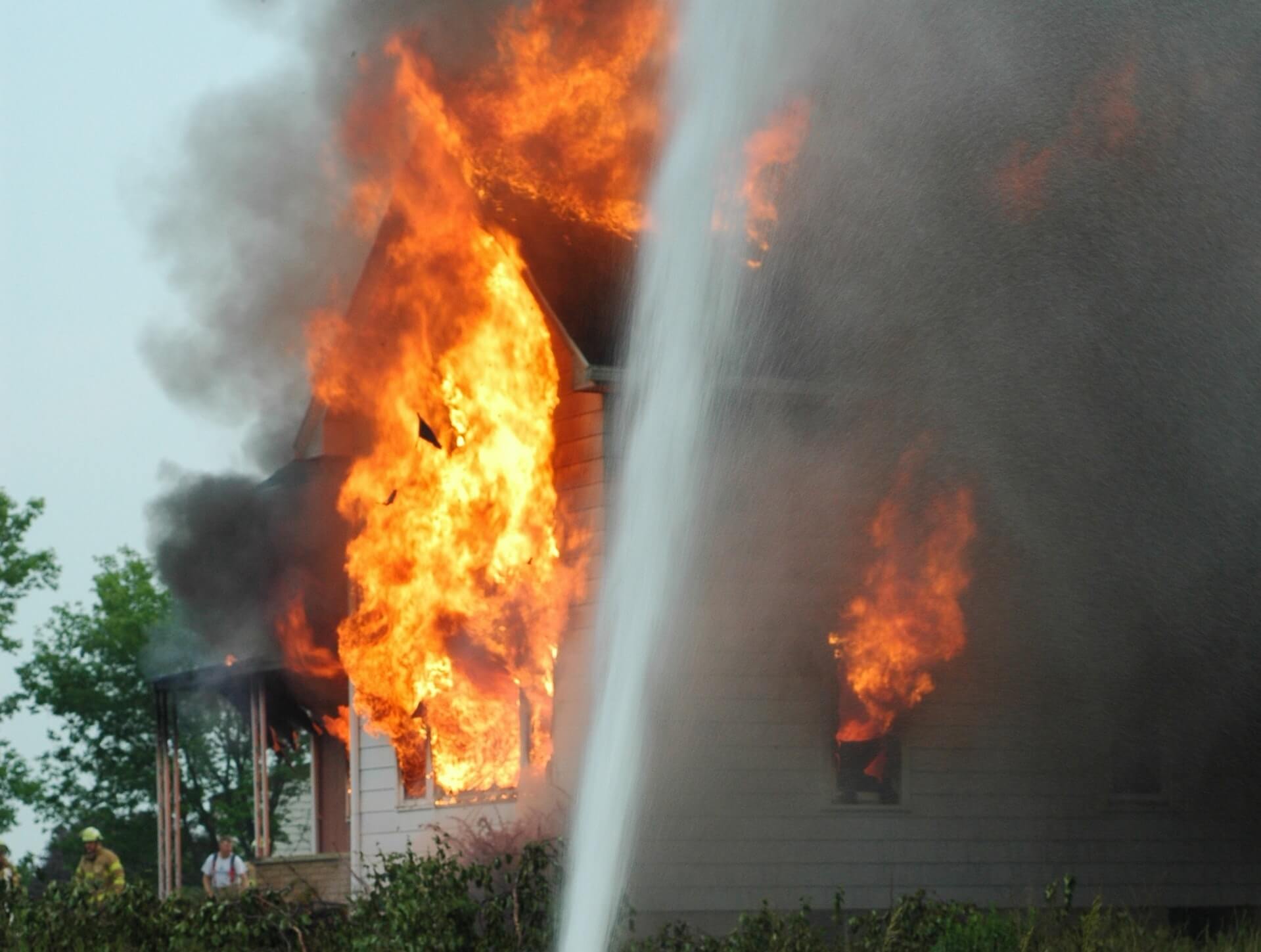 There’s no specific number for the “average” cost of a fire damage insurance claim. The number varies widely depending on your state, the size of your home, the extent of damage, and hundreds of other factors. When a large fire cannot be extinguished and causes more damage to a structure than that structure is worth, the insurance claim is considered a total loss.
There’s no specific number for the “average” cost of a fire damage insurance claim. The number varies widely depending on your state, the size of your home, the extent of damage, and hundreds of other factors. When a large fire cannot be extinguished and causes more damage to a structure than that structure is worth, the insurance claim is considered a total loss.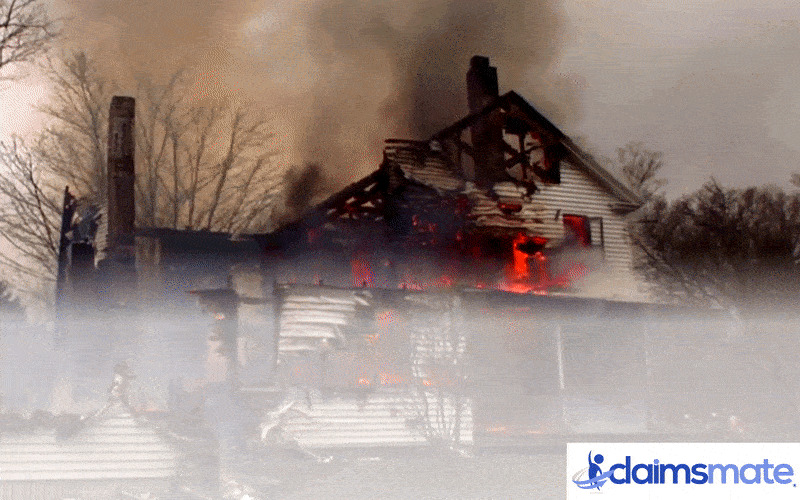
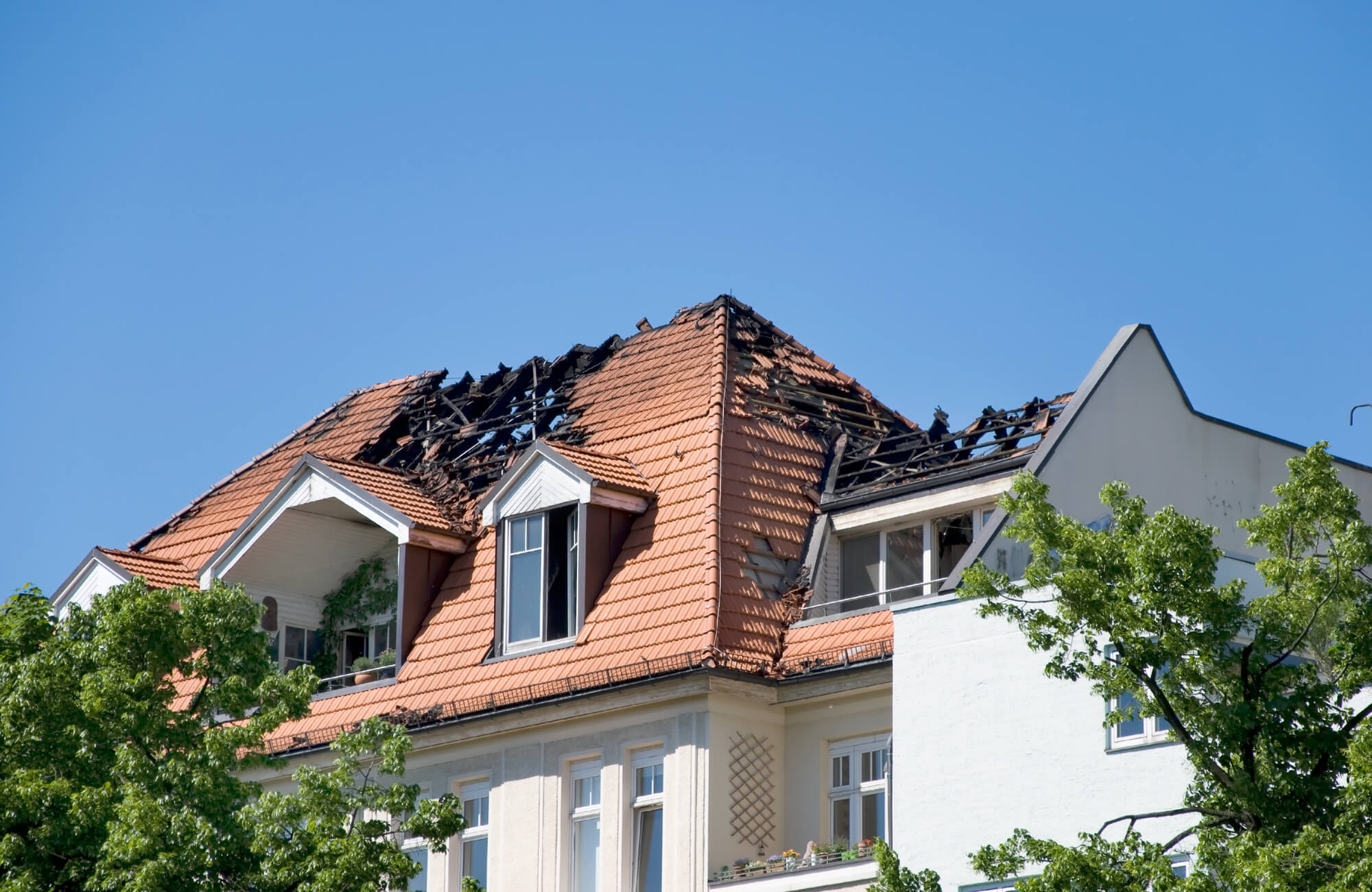 Some fire damage insurance claims are million-dollar claims with total loss of property. Other claims are relatively minor, causing a few thousand dollars of smoke and soot damage.
Some fire damage insurance claims are million-dollar claims with total loss of property. Other claims are relatively minor, causing a few thousand dollars of smoke and soot damage.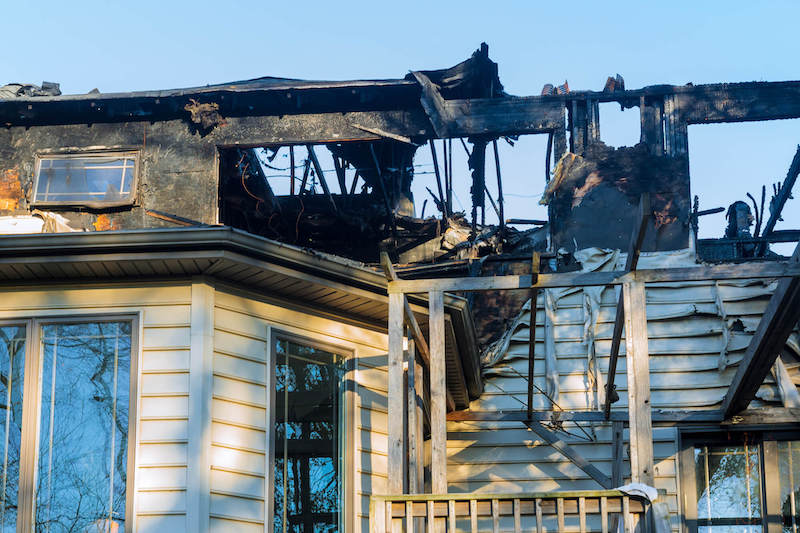 With a total loss fire claim, the cost of fire damage exceeds your policy’s value. You might have lost $500,000 worth of property and possessions in a devastating house fire, for example, but you only have $300,000 of insurance coverage.
With a total loss fire claim, the cost of fire damage exceeds your policy’s value. You might have lost $500,000 worth of property and possessions in a devastating house fire, for example, but you only have $300,000 of insurance coverage.
